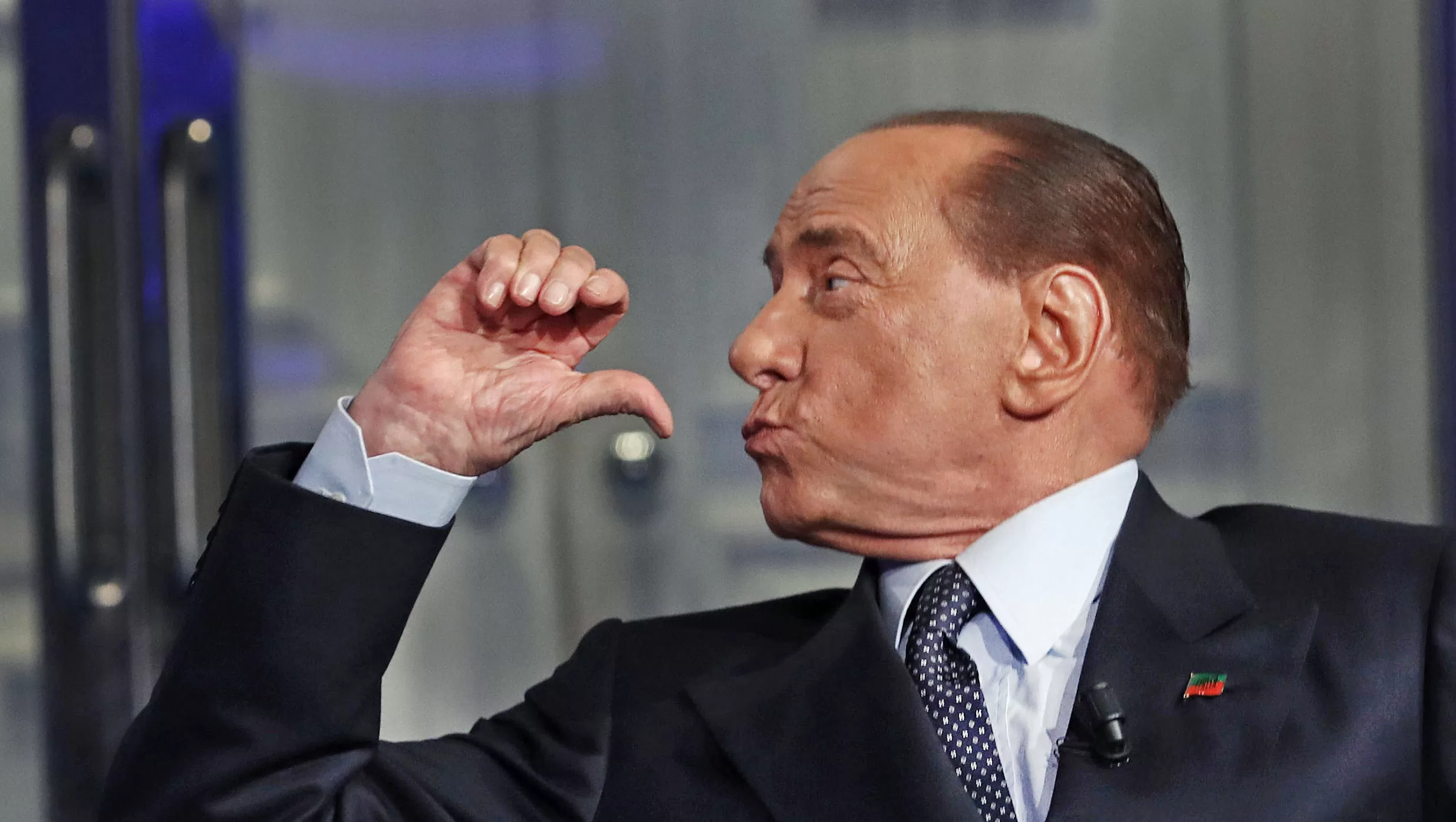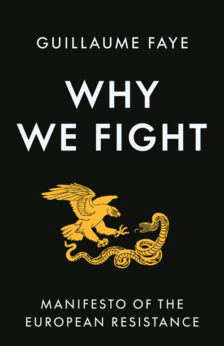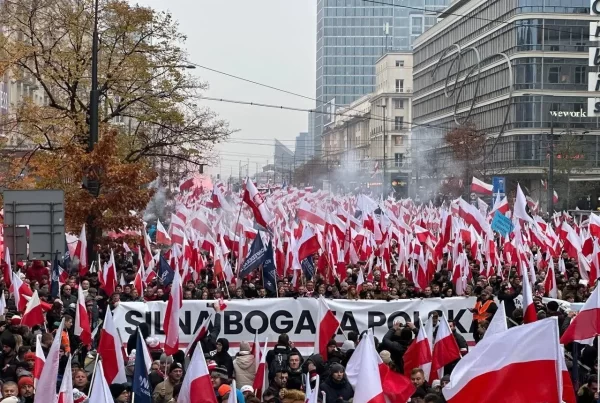Today we remember a remarkable figure who undeniably reshaped Italian politics and media: Silvio Berlusconi. Born into a lower-middle-class family, his rise from humble beginnings to becoming Italy’s tycoon extraordinaire and an indomitable political force is a testament to the power of perseverance, sheer grit, and a touch of audacious charisma. Berlusconi was a man who knew no bounds, who revised the rules of the game in his favour, and who left an indelible mark on Italy’s trajectory.
Berlusconi’s Forza Italia party was in a coalition with current Premier Giorgia Meloni, who assumed office last year. However, he did not hold any official role in the government.
The Italian bigwig’s bromance with Russia’s top man, Vladimir Putin, ruffled Meloni’s feathers, as she was known for throwing her weight behind Ukraine. Amidst the blazing conflict, Putin marked Berlusconi’s 86th birthday with well-wishes and a hefty supply of vodka. Not to be outdone, Italy’s mogul matched the gesture, swapping vodka for Italy’s finest wine.
In his golden years, Berlusconi’s perpetually bronzed skin, hair transplants and a gaggle of youthful, live-in girlfriends were the stuff of tabloid fodder. But despite his personal life’s colourful splashes across the front pages, Berlusconi, for the longest time, seemed to wear an armour of Teflon against scandal.
Born in 1936 in Milan, Berlusconi was no blue-blooded aristocrat. Yet he would one day rub shoulders with the most influential figures of our time, not as a subservient spectator but as an equal. He began his career as a singer on cruise ships, charming audiences with his wit and voice. This early stint was a precursor to a life lived in the spotlight, reflecting his innate ability to connect with people – a trait that would serve him well in his future political career.
Yet, the cruise ship stage was not the only one that would bear witness to Berlusconi’s ascension. He dabbled in the real estate industry and rapidly built a lucrative empire, showcasing his entrepreneurial spirit. By his thirties, Berlusconi had already etched his name into Italy’s real estate landscape. But this was not enough. He had a larger vision, a dream that was as daring as the man himself.
In the 1980s, Italy’s media landscape was on the brink of dramatic change, and Berlusconi astutely capitalised on this. He founded Mediaset, Italy’s first private television network, challenging the monopoly of the public broadcaster RAI. Despite the criticisms, he managed to turn Mediaset into a media giant, influencing the very ethos of Italian television and laying the groundwork for the melding of media and politics.
Berlusconi’s first foray into politics came in 1994 with the formation of his Forza Italia party. He leveraged his immense popularity and charisma, winning the hearts of Italians who were disenchanted with the established political order. His ascent to the position of prime minister was meteoric, underlining his knack for seizing opportunities. During his time in office, which totaled nine years split across four non-consecutive terms, Berlusconi consistently championed free-market economics and ambitious tax reforms. He doggedly pursued liberalisation policies, dreaming of an Italy unshackled from the burdens of excessive bureaucracy and inefficiencies.
As a leader, Berlusconi was decidedly in favor of the European Union. His efforts cemented Italy’s integral role within the EU. His attempts to strike a balance between national sovereignty and international obligations often put him at odds with the Euro-skeptics in Italy, yet he never wavered in his conviction. However, it was not all smooth sailing. Critics accused his economic policies of being myopic and lacking in foresight. They argued that while his measures brought temporary relief, they failed to address the deep-seated structural issues plaguing Italy’s economy.
However, Berlusconi’s reign was far from untarnished. His years in power were peppered with a slew of legal battles and scandals. From allegations of bribery to tax fraud, these controversies cast long shadows over his governance. These constant skirmishes with the law and his refusal to step down during trials ignited a firestorm of debate about the sanctity of the prime minister’s office.
Moreover, Berlusconi faced accusations of using his media empire to sway political outcomes. Critics argued that his dual role as a media mogul and a political leader blurred the lines of impartiality, raising concerns about the state of Italy’s democracy. His outlandish persona, often laced with inappropriate remarks and questionable behavior, especially towards women, drew condemnation and alienated many.
Then came the infamous ‘Bunga Bunga’ parties, which marred his reputation further. These lavish, hedonistic events were viewed as unbecoming of a prime minister and his acquittal from charges of paying for sex with an underage girl did little to assuage the public’s disapproval.
Berlusconi’s supporters would argue that the legal trials he faced were politically motivated, but it is impossible to overlook the impact these accusations had on his legacy. Despite his undoubted charisma and his political achievements, these controversies tarnished his reputation, providing ammunition for his opponents, and creating an image of Berlusconi that was at odds with his role as a national leader.
It is also worth noting Berlusconi’s contribution to the world of football. His ownership of AC Milan, one of Italy’s premier football clubs, for over three decades was characterised by a golden era of success. Berlusconi’s financial investment and strategic interventions transformed the club into one of the most successful and recognised brands globally. However, even here, he faced criticism for reportedly using the club for political ends.
Left-leaning political figures, along with the judicial prosecutors Berlusconi scorned as their legal arm, were frustrated spectators as he managed to dodge penalties, even after convictions for fraudulent accounting, judicial bribery, and illicit political funding, by exploiting appeal processes and statutes of limitations.
Silvio Berlusconi was a man of contradictions. A self-made media tycoon who courted controversy as comfortably as he did power. A charismatic leader with a flair for the dramatic who often blurred the lines of propriety. A champion of free-market economics whose reign was marred by allegations of corruption and financial impropriety. A key figure in the European political landscape who was surrounded by scandal.
Despite the polarized opinions, there is no denying that Silvio Berlusconi was a pivotal figure in Italy’s history. He leaves behind a complex legacy – a potent mix of undeniable achievements, questionable decisions, and unfulfilled potential.







